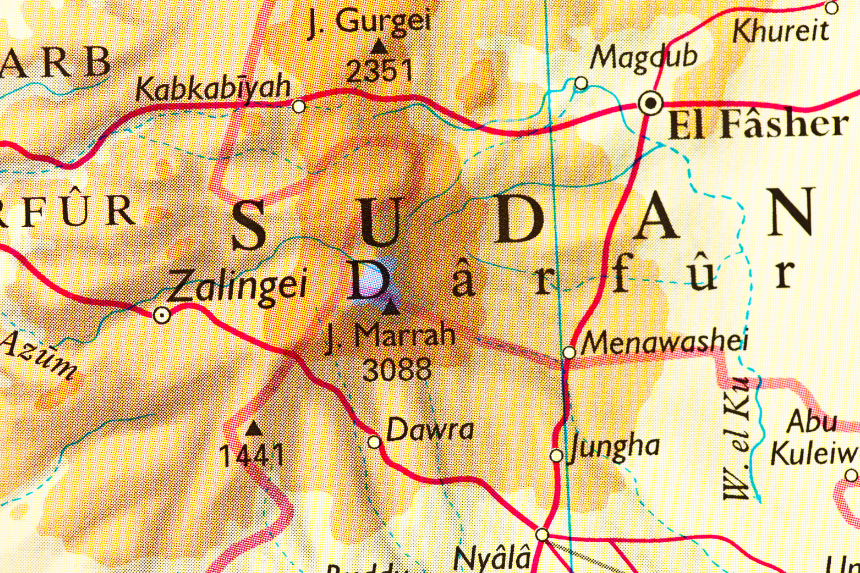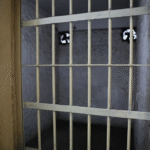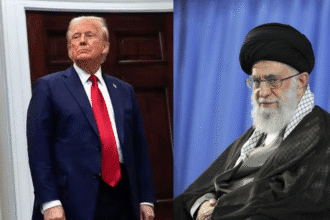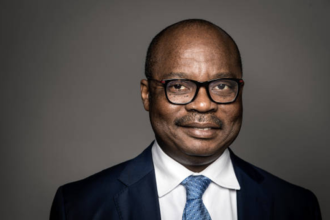The Rapid Support Forces (RSF), a potent paramilitary force, announced the establishment of a rival government to Sudan’s state army, marking a significant turning point in the Sudan conflict crisis. Mohamed Hamdan Dagalo, more usually known as Hemedti, leads the RSF. This pronouncement has heightened the already explosive violence engulfing Sudan for two years, causing much pain, displacement, and death.
Hemedti’s declaration of a competing administration coincided with the growing conflict between the RSF and Sudan’s military under General Abdel Fattah al-Burhan. Once friends in a combined coup in 2021, the two factions have now turned on one another, dragging Sudan into more anarchy. Given Sudan’s army’s role in dictating the government, Hemedti’s declaration strongly challenged its power.
In public comments, Hemedti said the RSF was building “the only realistic future for Sudan”. He underlined that the RSF aimed to create a “state of law,” not to establish personal supremacy. Regardless of their location or allegiance, the RSF commander promised to provide every Sudanese person with basic amenities, including infrastructure, education, and healthcare. However, he underlined that his government would guarantee unity and oppose any attempts to monopolise the nation depending on tribe, geography, or religion.
Although some might have found hope in the establishment of a new government, this raises important questions about the country’s stability and future.
In what ways has the Sudan Conflict Crisis affected civilians?
For Sudan’s civilian population, the conflict crisis has had terrible results. Direct results of the fighting have claimed over 150,000 lives, as well as over 12 million people have been displaced. The United Nations has dubbed this situation the biggest humanitarian crisis. Particularly in the Darfur area, the battle between the army and the RSF has gotten more intense recently, resulting in extensive displacement and more deaths.
Intense violence in North Darfur around the city of el-Fasher has prompted thousands of people to escape. Once housing many displaced persons, the Zamzam refugee camp has turned into a deadly location with constant bombings and armed conflict. Many refugees have been compelled to flee their homes and start a perilous trip to neighbouring towns like Tawila in turmoil, often walking hundreds of kilometres.
The ground situation is appalling. Many of those escaping landed in Tawila and other surrounding towns, seriously dehydrated. During the problematic trip, some little children sadly perished from thirst. More than 700,000 displaced individuals are thought to be caught in camps near el-Fasher, living under famine-like circumstances and with restricted access to food, clean water, and medical attention.
Aid organisations have battled to provide vital supplies to people in need, despite the army and the RSF’s barriers and security concerns. The violence generating this catastrophe hinders humanitarian efforts, making transporting food, water, and medical supplies more challenging.
What Does the RSF Promise for the Future of Sudan Amidst the Conflict Crisis?
The RSF’s rhetoric on the Sudan Conflict Crisis stresses law, inclusivity, and unification. Hemedti has made it very evident that the RSF is more concerned with making sure every Sudanese individual has a voice in the future of the nation than in grabbing power for tribal or personal benefit. In his speech, he maintained that no group—by clan, geography, or religion—should have a monopoly on Sudanese identity or authority.
Notwithstanding these assertions, the RSF’s ground-based activities have not always matched these pledges. The RSF has been linked in recent weeks to multiple attacks that have claimed more than 400 lives, resulting in widespread worldwide criticism. Mass sexual brutality and genocide, among other crimes, have been claimed by reports from several human rights groups against the RSF.
Alongside these violent escalations, humanitarian agencies are increasingly raising the question: How Severe Is the Refugee Hunger Crisis? As thousands flee the violence, displacement and food insecurity are reaching critical levels. With both the RSF and Sudan’s army accused of war crimes, the Sudan Conflict Crisis has brought great hardship to the Sudanese people. The promises of Hemedti that his government would bring peace and wealth to every Sudanese must be balanced against the mounting data of bloodshed committed by both sides. Whether the RSF’s leadership can provide a long-term fix for the nation’s instability or whether its leadership will keep feeding the very fissures they profess to be healing is still to be seen.
How Is the International Community Reacting to the Crisis in Sudan?
Significant worldwide attention has been drawn to the Sudan Conflict Crisis. The UK has been particularly loud in advocating for worldwide action and more humanitarian aid. Focusing on food, medical supplies, and humanitarian help for persons impacted by the war, the UK government promised £120 million ($159 million) in aid during an international conference hosted in London to celebrate the second anniversary of the conflict.
Along with a road toward enduring peace, the world community has demanded an instantaneous and permanent ceasefire between the warring groups. Speaking at the conference, UK Foreign Secretary David Lammy voiced his worries about the growing bloodshed, saying: “Many have given up on Sudan – that is incorrect. Seeing so many citizens beheaded, young children as young as one subjected to sexual assault, and more people suffering poverty than anyplace else in the world is morally repugnant. We cannot turn away.
Nevertheless, the humanitarian crisis keeps getting worse, and the world community has come under fire for not acting to stop more suffering. Aid organisations have consistently demanded a more robust worldwide response, including pressure on Sudan’s military to participate in peace negotiations and pursue a ceasefire and on the RSF.
The African Union has also intervened, worrying that the warring factions cannot divide the nation. Rather than letting Sudan split into competing political entities, the RSF and the army have been advised to strive toward a single nation.
Which Road Forward for Sudan Through the Crisis of Continuous Conflict?
A complicated problem, the Sudan Conflict Crisis calls for quick global engagement to prevent further degradation. The world community must intervene forcefully to offer humanitarian aid and compel the warring sides into peace negotiations, given the millions of people displaced, famine-like circumstances worsening, and the situation still spiralling out of control.
Though the road forward is unknown, there are flashes of promise. Working together, international leaders, humanitarian organisations, and civil society groups can guarantee that relief gets to those most in need and that urgent peace negotiations are undertaken. Sudan cannot afford to wait any longer, so the world must intervene before the problem becomes much more difficult.
The crisis of the Sudan Conflict calls for quick attention and response. Neither the army nor the RSF can be left to carry on their aggressive struggle free from consequences. Sudan can only expect to move forward by diplomatic pressure, help distribution, and a dedication to peace.








